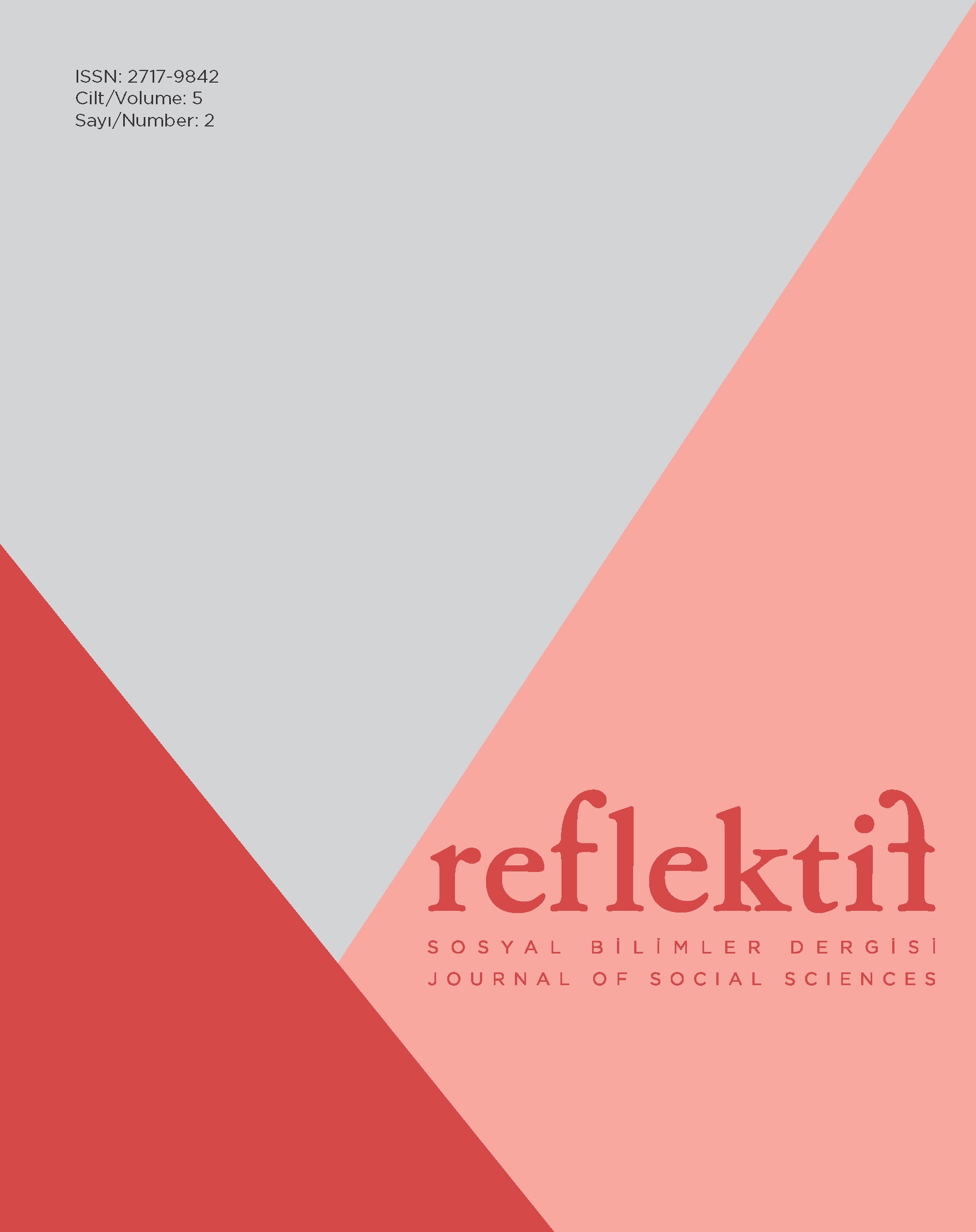Our Relation with the Companion Species We Share the Earth With
DOI:
https://doi.org/10.47613/reflektif.2024.171Keywords:
charismatic species, uncanny species, time-space compression, natureculture, decentrializationAbstract
This article aims to examine human-animal relationships by questioning the effects of anthropocentric approaches on nature and other living beings. The article addresses the symbolic and ethical dimensions of human attitudes toward animals, emphasizing the blurring of boundaries between nature and culture through the prevalent and often implicit "charismatic" and "uncanny" species approach in public opinion and conservation communication strategies. In doing so, it draws on concepts such as time-space compression, power geometry, natureculture, and decentralization. In the contentious "Anthropocene" era, the intertwinement of nature and culture is explored in how it resonates within ecological and social networks. It discusses how the accelerated pace of modernity and globalization has shrunk animal habitats and impacted the natural distribution of species. Additionally, the commodification of animals and the role of global trade in this process are discussed. The study advocates for a more holistic and inclusive perspective on nature-culture interactions by recognizing the ecological and ethical roles of animals. In conclusion, it emphasizes the inseparability of all species and the ethical and ecological responsibility of coexisting, transcending centered thinking.
Downloads
Published
How to Cite
Issue
Section
License
Copyright (c) 2024 Burcu Meltem Arık

This work is licensed under a Creative Commons Attribution-ShareAlike 4.0 International License.
All manuscripts which are submitted to the REFLEKTIF Journal of Social Sciences should not be published, accepted and submitted for publication elsewhere.
In case an article is accepted for publication it is allowed to combine the article with other researches, to conduct a new research on the article or to make different arrangements on condition that the same license is used including the commercial purpose.
As an author of an article published in REFLEKTIF Journal of Social Sciences you retain the copyright of your article and you are free to reproduce and disseminate your work.




